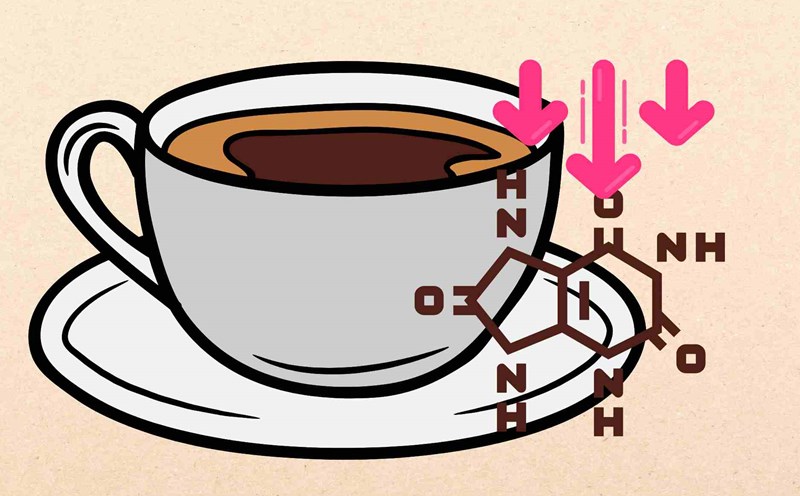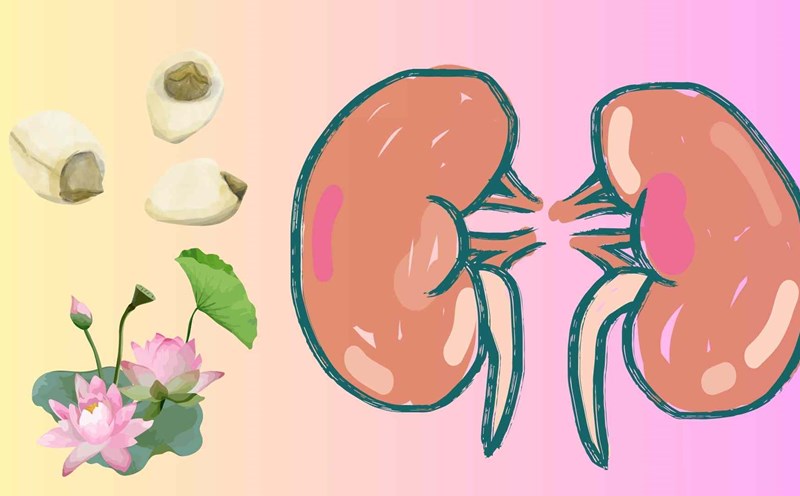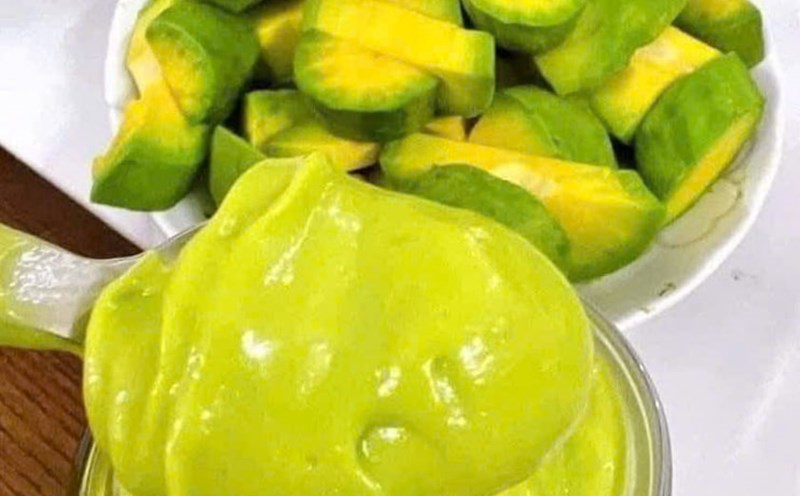Potassium and sodium are two important minerals that work together to balance fluids in the body and directly affect blood pressure. When you are hydrated and consume potassium and sodium at a reasonable level, your body will maintain this balance. However, if sodium exceeds potassium levels, blood volume can increase, putting more pressure on blood vessels and causing high blood pressure.
Potassium plays an important role in reducing blood pressure by increasing sodium excretion through the kidneys. This not only helps control blood pressure but also protects kidney function. Prolonged high blood pressure can damage blood vessels around the kidneys, causing the kidneys to reduce the ability to remove excess sodium, making blood pressure even more difficult to control.
Potassium helps the smooth muscles in the blood vessel walls relax, reducing resistance in the arteries and making blood circulate more easily. Potassium also helps inhibit the hormone angiotensin - a substance that can cause vasoconstriction and increase blood pressure.
To supplement potassium naturally, you should eat a variety of foods such as: bananas, green leafy vegetables, potatoes, sweet potatoes, pumpkin, carrots, yellow radish, tomatoes...











